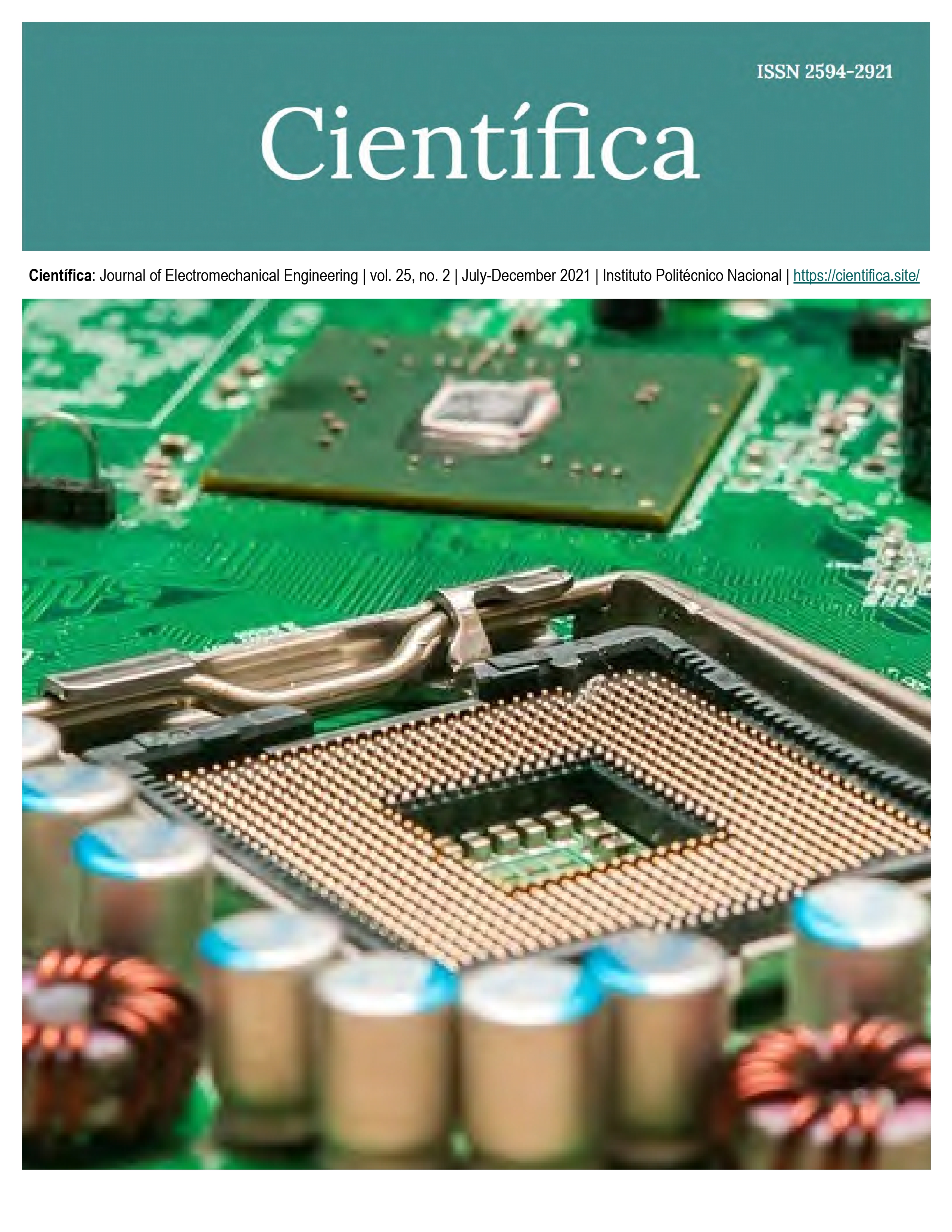Maintenance focused on reliability of equipment in the tuna canning industry
DOI:
https://doi.org/10.46842/ipn.cien.v25n2a05Keywords:
reliability, maintenance, effects analysis, failure mode, industry, canned tunaAbstract
The purpose of this work is to identify and solve the specific problems found in a canned tuna production line of the Manta EUROFISH Company, through the implementation of the maintenance program focused on reliability (RCM) in the machines present. On the line in question. In the canning industry, RCM is often considered resource demanding. However, it is possible to make the project manageable starting with a critical equipment evaluation system, to carry out this process, the methods were applied: criticality analysis and analysis of effects and failure modes (FMEA). The maintenance plan was designed according to the detailed by the FMEA and the Pareto Diagram, where prevention tasks are specified that not only concentrate on lubrication or greasing operations, but the use of inspection and control processes in all the maintenance measures that have been proposed. It was found that the best indicator to measure reliability is the mean time between stops (MTBF), which indicates an increase in the reliability of the equipment and an improvement in the quality of maintenance work to 3.59, which is reflected in the availability of production line equipment. Well, when applying the proposed maintenance plan, 87% is achieved, which is considered an acceptable percentage given the situation of the company.
References
B. Kazaz, T. Sloan, "The impact of process deterioration on production and maintenance policies," European Journal of Operational Research, vol. 227, no. 1, pp. 88-100, 2013.
Integra Markets, Gestión y planificación del mantenimiento industrial, Lima: Escuela de Gestión Empresarial, 2017.
O. Campos-López, G. Tolentino-Eslava, M. Toledo-Velázquez, "Metodología de mantenimiento centrado en confiabilidad (RCM) considerando taxonomía de equipos, base de datos y criticidad de efectos," Científica, vol. 23, nº 1, pp. 51-59, 2019.
A. Díaz-Concepción, L. Villar-Ledo, J. Cabrera-Gómez, A. S. Gil-Henríquez, R. Mata-Alonzo, A. J. Rodríguez-Piñeiro, "Implementación del Mantenimiento Centrado en la confiabilidad en empresas de trasmisión eléctrica," Ingeniería Mecánica. , vol. 19. , nº 3, pp. 137-142, 2016.
C. R. Vishnu, V. Regikumar, "Reliability based maintenance strategy selection in process plants: a case study," Procedia technology, vol. 25, nº 1, pp. 1080-1087, 2016.
Y. Alfonso-Padura, A. E. García-Tol, A. Díaz-Concepción, A. J. Rodriguez-Piñeiro, M. B. Hourné-Calzada, G. Cedrón-Pérez, "Análisis de criticidad en los sistemas mecánicos de los grupos electrógenos," Revista de Ingeniería Energética, vol. 48, nº 3, pp. 224-230, 2017.
J. Barrios, "Análisis y diagnóstico de los tipos de mantenimiento en la pequeña y gran minería aurífera en la subregión del Bajo Cauca, Antioquia," Servicio Nacional de Aprendizaje SENA, vol. 1, nº 1, pp. 17-24, 2018.
G. A. Mora, Mantenimiento estratégico para empresas generales o de servicio, Medellín: AMG, 2008, pp. 30-130.
A. Daquinta-Gradaille, C. Pérez-Olmo, "Metodología de Análisis de criticidad integral de las cosechadoras de caña de azúcar CASE IH," Revista Ingeniería Agrícola, vol. 8, nº 2, pp. 55-61, 2018.
A. Enriques-Gaspar, A. Díaz-Concepción, L. Villar-Ledo, A. Castillo-Serpa, A. J. Rodríguez-Piñeiro, Alfonso-Álvarez, "Tecnología para el análisis de criticidad de los sistemas tecnológicos en empresas biofarmacéuticas," Ingeniería Mecánica, vol. 23, nº 1, pp. 1-11, 2020.
E. Zambrano, A. T. Prieto, R. Castillo, "Indicadores de gestión de mantenimiento en las instituciones públicas de educación superior," Telos: Revista de Estudios Interdisciplinarios en Ciencias Sociales, vol. 17, nº 3, pp. 495-511, 2015.
O. Campos-López, G. Tolentino-Eslava, M. Toledo-Velázquez, R. Tolentino-Eslava,"Metodología de mantenimiento centrado en confiabilidad (RCM) considerando taxonomía de equipos, base de datos y criticidad de efectos," Científica, vol. 23, nº 1, pp. 51-59, 2019.
Downloads
Published
Issue
Section
License
Copyright (c) 2024 Instituto Politecnico Nacional

This work is licensed under a Creative Commons Attribution-NonCommercial-ShareAlike 4.0 International License.

